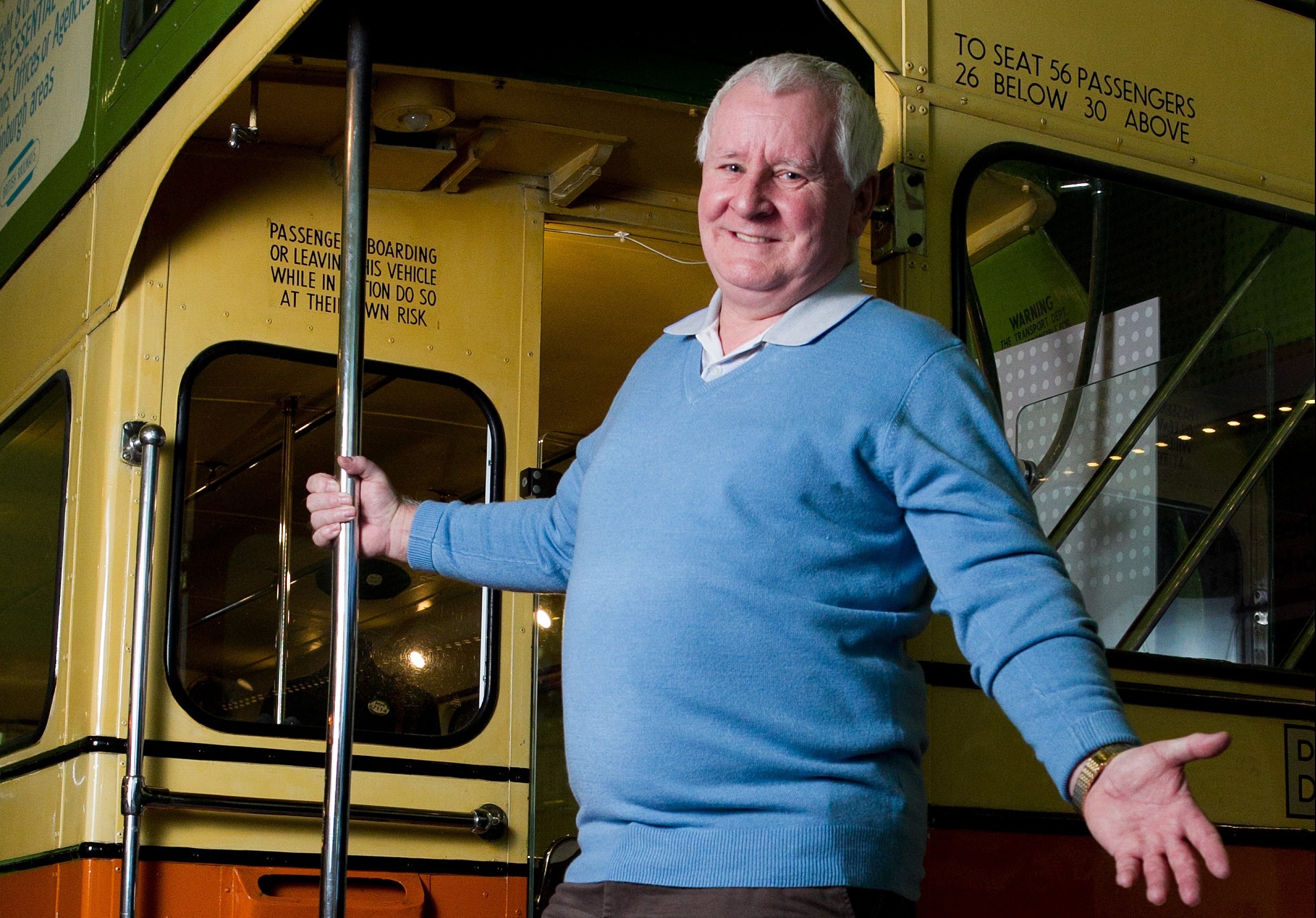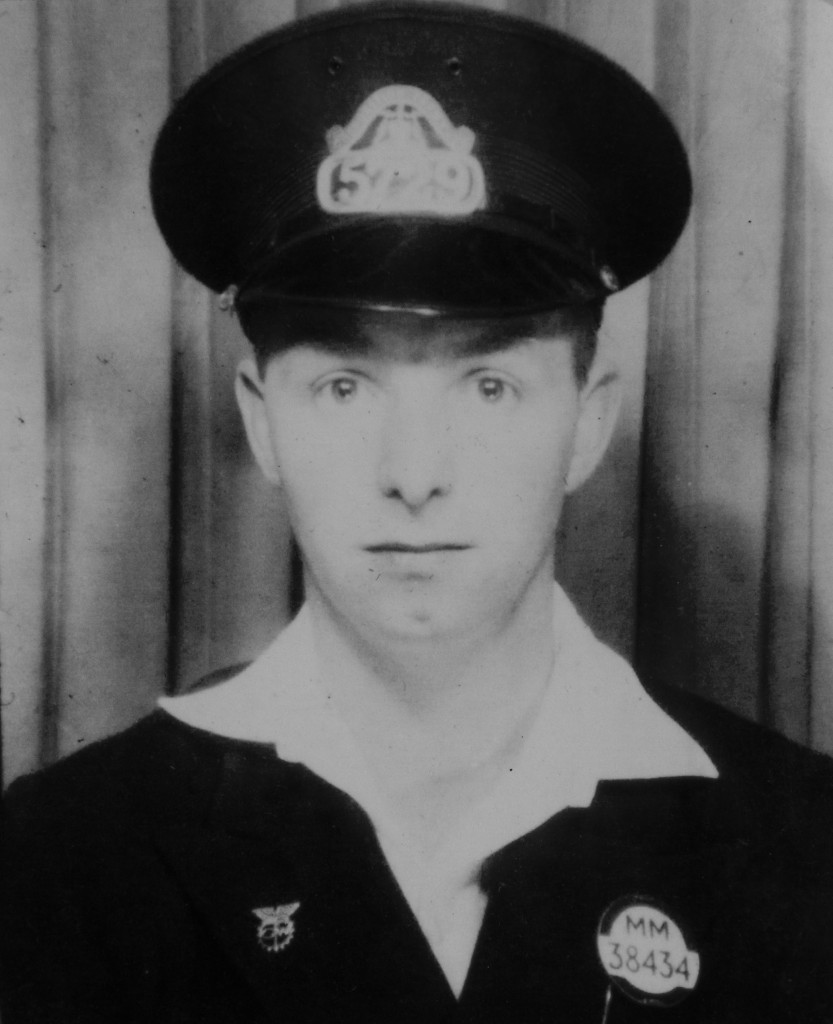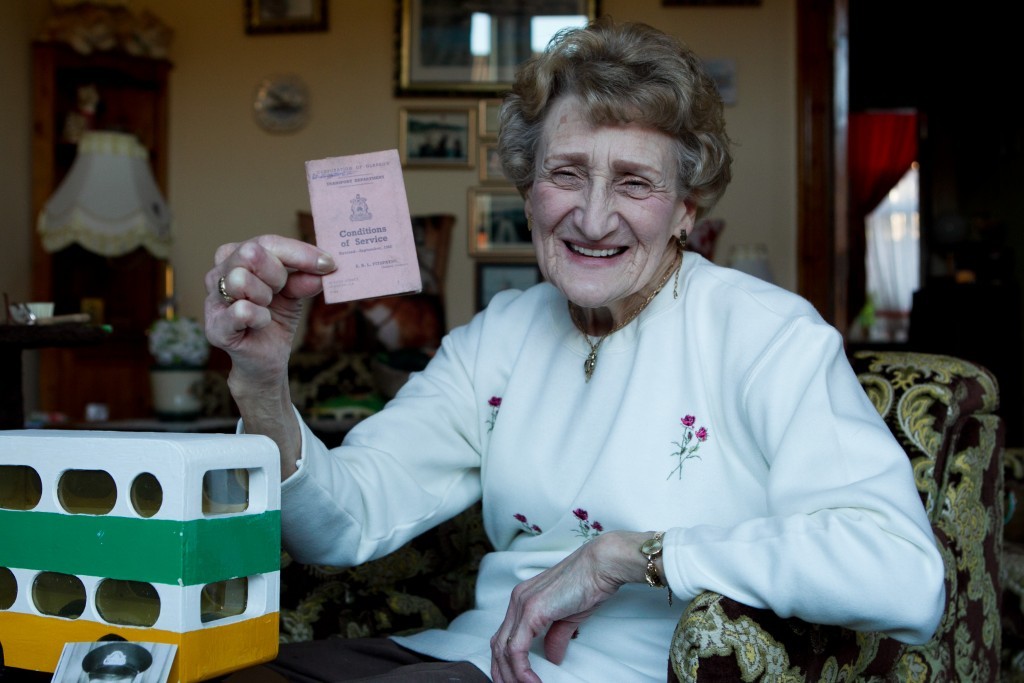
Now clippies are making a comeback.
McGill’s bus company have just put conductors back on to some services between Glasgow and Paisley. As a trial running until the end of January, the conductors will initially be just on a single route during morning and evening rush hours.
But if the experiment proves successful, they could be introduced on many more routes across the country.
The staff will have the latest high tech ticket machines, a world away from the type of equipment carried by the old-style clippies who were a mainstay even into the 1970s and beyond.
Sandra Donaghy was a conductress for Glasgow Corporation Transport between 1963 and 1968 – and her bus was a Mr and Mrs affair.
“My husband Eddie was my driver and we ran the bus together,” says Sandra, now 77.
“We loved it because it meant we were together for every hour of the day.
“We looked out for each other all the time. You were only allowed to have five standing and if an inspector came on and found six you got booked.
“So if I was upstairs and Eddie saw someone sneak on he’d flash the lights for me and I’d come down sharpish and get them off.”
Despite the fact she last issued a ticket almost 40 years ago, Sandra recalls life on the buses like it was yesterday.
The couple worked out of Parkhead depot – “the best one” – and the routes, the 1, 10, 13, 22, still trip off the tongue.
The ones she dreaded – because they took well over an hour each – are equally fresh; the 18 and the 64.
While she brooked no nonsense and wasn’t shy in repelling unwanted boarders, Sandra made many friends, always happy to have a word.
But not all the regulars she saw were welcome.
“The only accident Eddie ever had was when a guy came out of a pub and his leg went straight under the wheels of the bus.”
Sandra has a permanent reminder of her clippie days in the brass buttons and badges from hers and Eddie’s uniform.
“We were always so smart and took a real pride,” she says. “I’d polish the buttons and my Ultimate ticket machine.
“We worked together until the one-man operation buses came in and I wasn’t needed anymore. Eddie tried it on his own but it wasn’t the same and he quit after just three weeks.”
While Sandra loved her uniform, it was literally a pain for Elizabeth Marnock when she took to the road in Dundee.
“Oh, I never wore the full thing, they scratched like anything,” laughed Elizabeth, 71.
“I’d wear the jacket but my own skirts, and never trousers.
“And I remember that it was freezing, especially with the old buses with no door at the back.”
Elizabeth, who lives in Methil, made her own little bit of history when she made the switch to getting behind the wheel, becoming Dundee Corporation’s first woman bus driver in 1971.
But she has loads of great memories of her clippie days.
“You always had the same driver so you were a real team.”
Bill Kerr, from Dumfries, reckons he saw all human life – from love to war – during his three years as a conductor in Glasgow in the late 1960s.
“You’d see the couples that had met at the dancing getting the late night bus home,” said Bill, who is 65 and has just retired.
“Let’s just say some of them got very friendly in the back seats upstairs. I was just 19 when I started and it was a real eye opener.
“So was the route that took me down to the docks late at night. It was rough stuff with some of the sailors having full-on battles and you’d just try and keep out of it.”
Bill reckons the revival of the clippie could well be a good thing but admits these are changed days.
“I get on really smart buses with WiFi now – we were lucky if we had a door.”
The Riverside Museum in Glasgow has an impressive collection of the buses on which the clippies plied their trade, as well as a display telling new generations what they did.
“Some of them have gone down in legend” said curator John Messner. “It could be a tough job but if they got lip they could definitely give it back and more than hold their own.”

Enjoy the convenience of having The Sunday Post delivered as a digital ePaper straight to your smartphone, tablet or computer.
Subscribe for only £5.49 a month and enjoy all the benefits of the printed paper as a digital replica.
Subscribe
